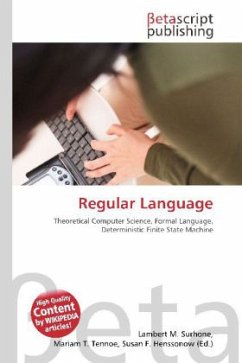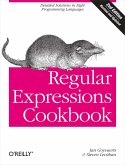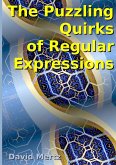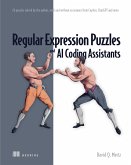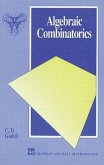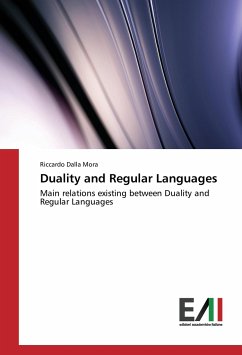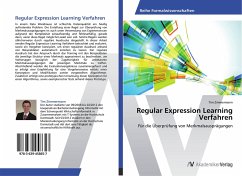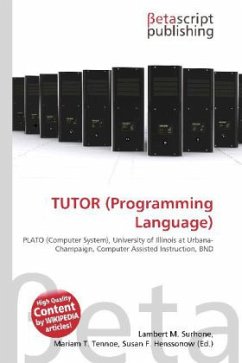Please note that the content of this book primarily consists of articles available from Wikipedia or other free sources online. In theoretical computer science, a regular language is a formal language (i.e., a possibly infinite set of finite sequences of symbols from a finite alphabet) that satisfies the following equivalent properties:In computational complexity theory, the complexity class of all regular languages is sometimes referred to as REGULAR or REG and equals DSPACE(O(1)), the decision problems that can be solved in constant space (the space used is independent of the input size). REGULAR AC0, since it (trivially) contains the parity problem of determining whether the number of 1 bits in the input is even or odd and this problem is not in AC0. On the other hand, it is not known to contain AC0.
Bitte wählen Sie Ihr Anliegen aus.
Rechnungen
Retourenschein anfordern
Bestellstatus
Storno

